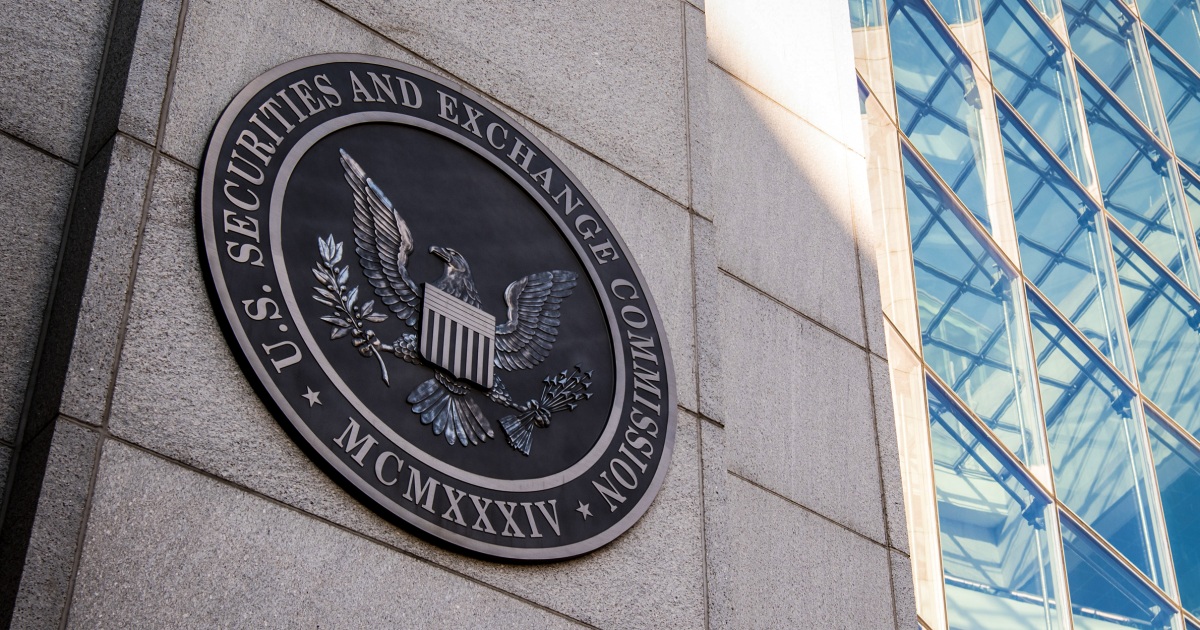
In a landmark decision on June 27, 2024, the United States Supreme Court ruled that the Securities and Exchange Commission (SEC) cannot impose fines or require wrongdoers to return ill-gotten gains through administrative law judges (ALJs). The ruling was made in response to a challenge brought by hedge fund manager George Jarkesy, who argued that his Seventh Amendment right to a jury trial had been violated.
The Supreme Court's decision, which was supported by Chief Justice John Roberts and the court's conservative justices, could have significant implications for dozens of federal agencies that use ALJs to make factual and legal findings on various subjects. These include labor rights, mine safety, energy regulation, and more.
The ruling came after Jarkesy faced SEC charges of making misstatements about a pair of funds holding $24 million in client assets. The SEC fined him $300,000 and ordered him to pay back nearly $700,00 in ill-gotten gains, as well as barring him from various activities in the securities industry.
Jarkesy challenged the SEC's actions in court, arguing that he was entitled to a jury trial and that Congress did not have the power to delegate such enforcement powers to an agency. The decision forces the entire federal government to play by the same litigation rules as everyone else in real courts before real judges.
The ruling also sent Jarkesy's case back for trial, and it could potentially impact other cases involving administrative law judges. However, some conservative justices wanted to go further and exclude agencies dealing with federal benefits from the decision. The largest cadre of ALJs make decisions in over a half million hearings and appeals each year at the Social Security Administration.
The SEC's three liberal justices, in dissent, blasted the majority for stripping the agency of its ability to seek civil penalties through administrative proceedings. They argued that this would create chaos and make it difficult for agencies to enforce their mandates effectively.
Jarkesy's case was supported by a virtual who's who of conservative and business groups, as well as individuals like Elon Musk, who has repeatedly resisted the SEC's attempts to probe whether he illegally manipulated his company's stock prices.




